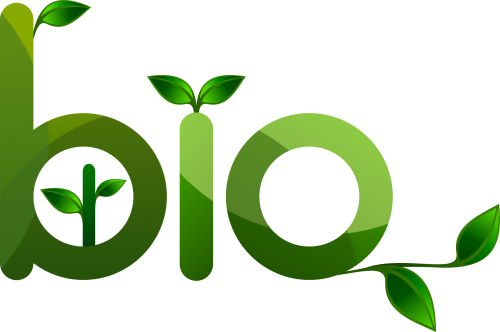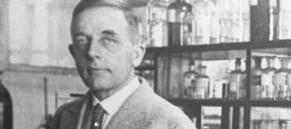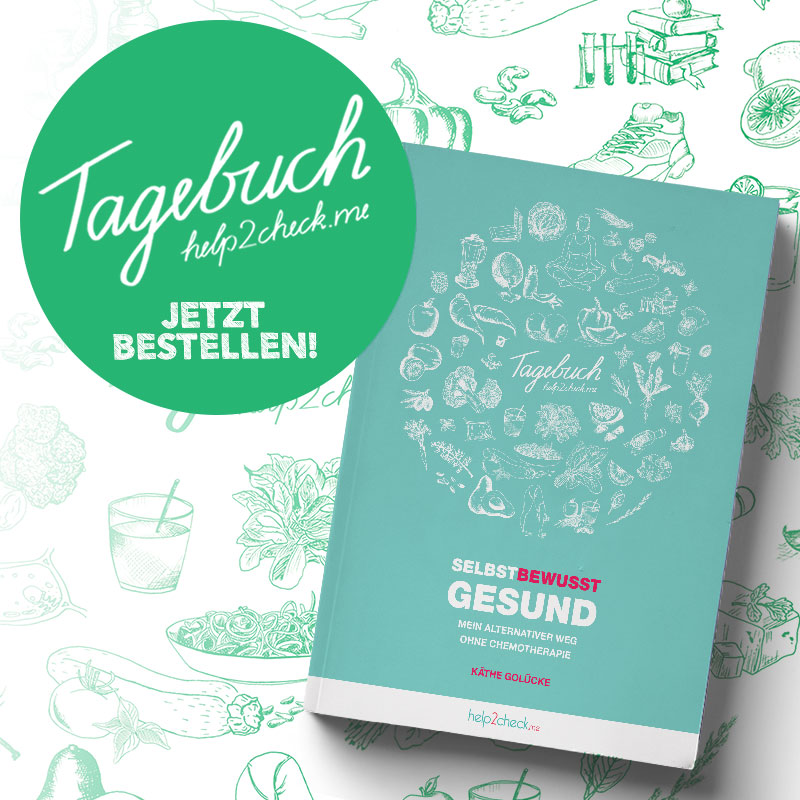WHY ORGANIC?
There are few countries where food is as inexpensive in relation to personal income as in Germany. While the Germans spent about 40% of their income on foodstuffs 50 years ago, this number has been reduced to roughly 10% today. The motto is often "Geiz ist geil" (Greed is cool.)
On a Weber grill for 800€ you can often find sausages for 80 cents. We pay 5€ for a coffee at Starbucks but won’t fork over a little more for organic eggs.
The same as for animal products also applies to vegetable products.
In the case of the cheap supermarket products, the way a product is packaged is holds more importance than the quality of the food.

For years the varieties of vegetables have been bred so that the greatest profit can be achieved.
The roots are cultivated for a short time in order to easily facilitate the removal of the harvested plants. As a result, many plants no longer contain the nutrients that are believed to be consumed, since the plants spend only a short amount of time in the soil due to the shorter roots, thus developing fewer nutrients.
Also, many varieties were tastefully "bred". The very important bitter substances were bred out. Not only that, many products are sweeter today than before.
The goods (which I cannot, in good conscience call “food”) are cultivated as quickly as possible under artificial conditions, with the addition of various fertilizers, pesticides, and are often harvested early due to the necessary transport and storage times. The result is good-looking food. We buy this fruit and vegetables in the belief that we are doing our body good, when just the opposite could be the case.
If you grow genuine organic vegetables under a horoscope, you will find fine cell structures similar to a snowflake. In the case of cheap products, these structures are no longer recognizable or are severely damaged.
How, then, should our bodies form healthy cells when we give it food which is itself a mere accumulation of defective cells? (Suggested reading, "The Invisible Power in Foods - Bio and Non-Bio in Comparison" by A.W. Dänzer.)
The same applies to animal products: the animals are no longer fed with high-quality, natural feed or are at best on the pasture. They are given mass feed, partly made from other animals as quickly as possible, as much as possible, as large as possible. We can assume that a present-day animal that is bred for consumption, is "stuffed" with medicines and other substances.
Why the abandonment of animal products is beneficial in many ways (health, environmental pollution, animal welfare, etc.) will be explained in the "Why Vegan" page.






